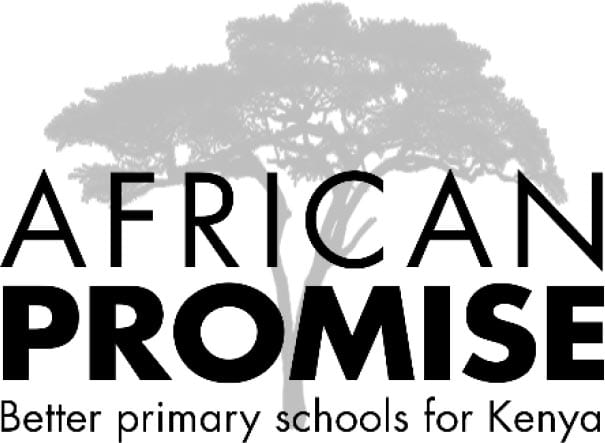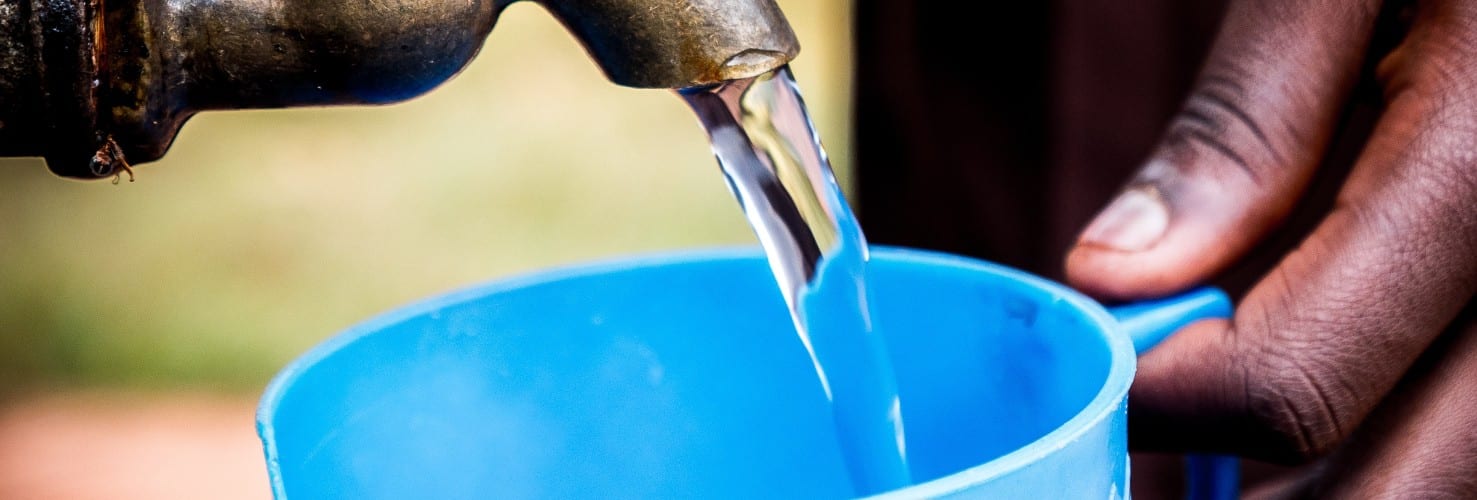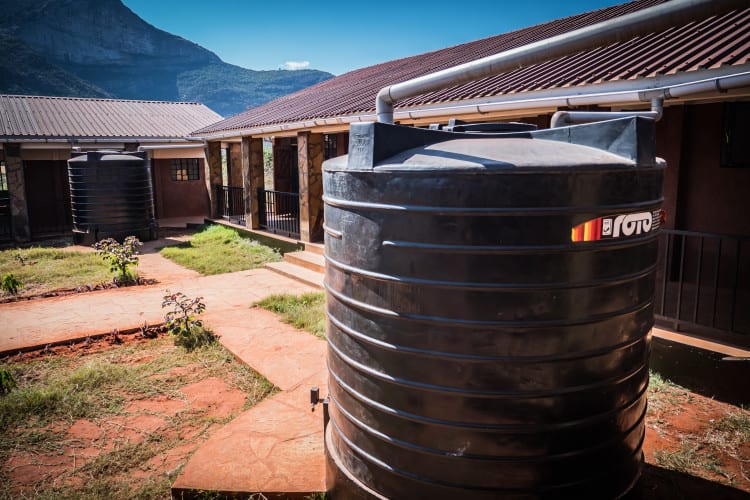Access to clean water is a right but one that is denied to millions of school children across Kenya and around the world.
We work with our partner schools to improve water security and to ensure that they have sufficient supplies of water for drinking, cooking, cleaning and sanitation, and that there are no days when clean water is not available in school.
In practice this means installing rainwater harvesting and storage systems, connecting to other local supplies where they are available, and when rainwater reserves are exhausted and other supplies run dry, delivering clean water by bowser.
To date (as of March 2024) we have funded the installation of more than 500,000 litres of rainwater storage capacity across our 8 partner schools but we are constantly looking to increase this especially as pupil numbers increase, as rainfall patterns become increasingly erratic and the frequency and duration of droughts increase, and as other local supplies come under increasing pressure from the wider community.
Help us deliver improved water security
By donating to our Water4All campaign you can help us continue investing to expand the rainwater harvesting potential in our partner schools and to build financial reserves to pay for water during times of drought. Your support will help us achieve our goal of ensuring there is no day without water available in any of our schools.
DONATE HERE£10
buys 1,000 litres of clean drinking water during times of drought
£75
pays to increase rainwater storage capacity by 1,000 litres
£100
pays for 10,000 litres of bowser water during times of drought
Your questions answered…
They consist of multiple water storage tanks of varying capacities which are connected to guttering erected on school buildings. These are usually PVC moulded tanks or masonry tanks. Using multiple lower capacity tanks rather than fewer high capacity tanks ensures there are plentiful access points as well as a more robust and resilient system.
We do not drill boreholes. Groundwater in our area is high in salt due to the mineral content of the rocks, often making it unsuitable for human consumption. Furthermore, there are inherent risks and often unknown costs in drilling for water. We believe that rainwater harvesting offers a more cost-effective solution given the relatively low on-going maintenance and running costs.
Generally not, no. Children are used to drinking rainwater at home which is not treated. Some schools have water filters for cleaning drinking water.


